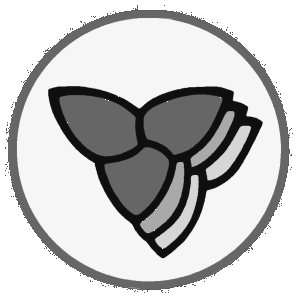
| Persistent organic pollutants (POPs) are organic compounds proved to be harmful due to their physical-chemical and toxicological behaviour. They can bio-accumalute in plants, animals and humans and exhibit a potential for long-range transport. Due to their properties POPs represent a global challenge and are regulated on an international level (e.g. CLRTAP; Stockholm Convention). | |
The Stockholm Convention on POPs came into force in 2004 and was signed by 79 countries up to now. It covers both, production, use, and release of the following compounds: |
|
|
Dioxins and furans (PCDD/PCDF), polychlorinated biphenyls (PCBs), hexachlorobenzene (HCB), aldrine, chlordane, DDT, dieldrine, endrine, heptachlor, mirex, toxaphene |
|
α-hexachlorcyclohexane (α-HCH), β-hexachlorcyclohexane (β-HCH), chlordecone, pentachlorobenzene, hexabromobiphenyl, tetrabromodiphenylether, pentabromodiphenylether, hexabromdiphenyl ether, heptabromodiphenylether, lindane ( -HCH), perfluoro-octan-sulfonate (PFOS) |
Further compounds are currently under discussion (shortchain chlorinated paraffins (SCCP), hexabromocyclododecane (HBCD), endosulfane). |
|
OEKOMETRIC works on persistent organic pollutants since its foundation and offers comprehensive analytical and consulting activities in the field of POPs. |
|